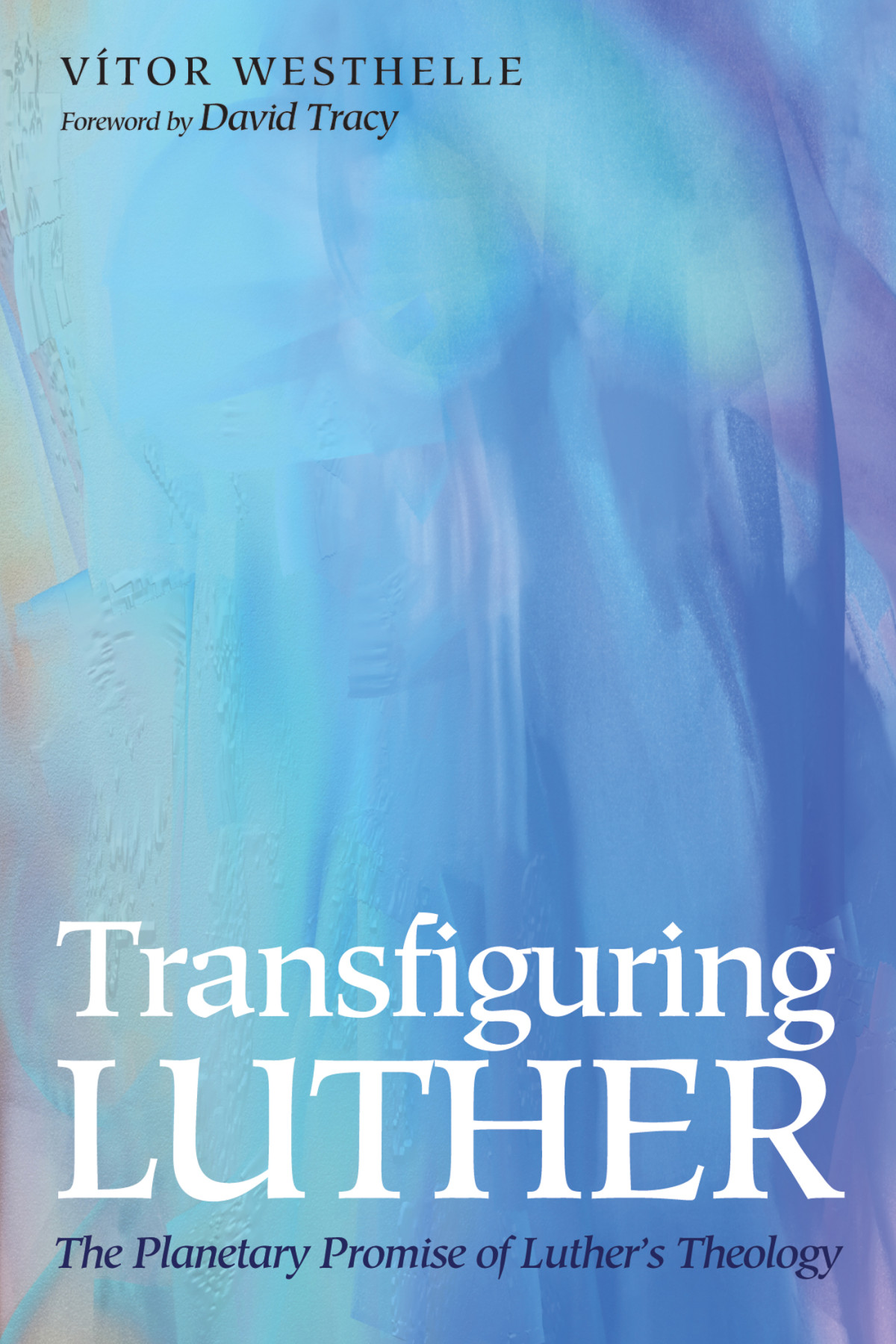

Most ebook files are in PDF format, so you can easily read them using various software such as Foxit Reader or directly on the Google Chrome browser.
Some ebook files are released by publishers in other formats such as .awz, .mobi, .epub, .fb2, etc. You may need to install specific software to read these formats on mobile/PC, such as Calibre.
Please read the tutorial at this link: https://ebookbell.com/faq
We offer FREE conversion to the popular formats you request; however, this may take some time. Therefore, right after payment, please email us, and we will try to provide the service as quickly as possible.
For some exceptional file formats or broken links (if any), please refrain from opening any disputes. Instead, email us first, and we will try to assist within a maximum of 6 hours.
EbookBell Team

4.8
64 reviewsLuther's theology and practice have inspired and continue to inspire so many across confessional and even religious alignments worldwide, or else excite those for whom he displays a coveted, untamed audacity in living out convictions; it is the fabric, the texture that makes Luther a figura with the capability of being transfigured. Luther's theology--his view of language and understanding of creation, incarnation, the cross; his affirmation of freedom from ecclesial, economic, and/or political encroachments; his eschatology, and so forth--is seen in a new light in societies in which modernization does not necessarily mean secularization and the spirit is not set in dual opposition to things material. The dispute as to whether Luther is a late medieval theologian or a beacon of modernity is rendered largely superfluous when the Reformer is read and interpreted in contexts that do not share the peculiar cultural and political history of Europe, its orthodoxies, its pietisms, its enlightenments, and its secularisms. Transfiguring Luther lifts up and presents the significance of the Reformer--his figure as it is transfigured into diverse contexts, absorbing new contents instead of the traditional bastions that are remarkably in tune with the spirit of the Reformation, thus rekindling it.
**
About the AuthorVtor Westhelle is professor of Systematic Theology at the Lutheran School of Theology at Chicago and the chair of Luther Research at Faculdades EST, So Leopoldo, Brazil. He is a gifted teacher with the soul of a poet adept at playing different keys of the theological ivories. A well-known author and internationally sought-out speaker, Westhelle's writings on Luther, liberation, creation, the apocalyptic, postcolonialism, hybridity, and eschatology are widely acclaimed.